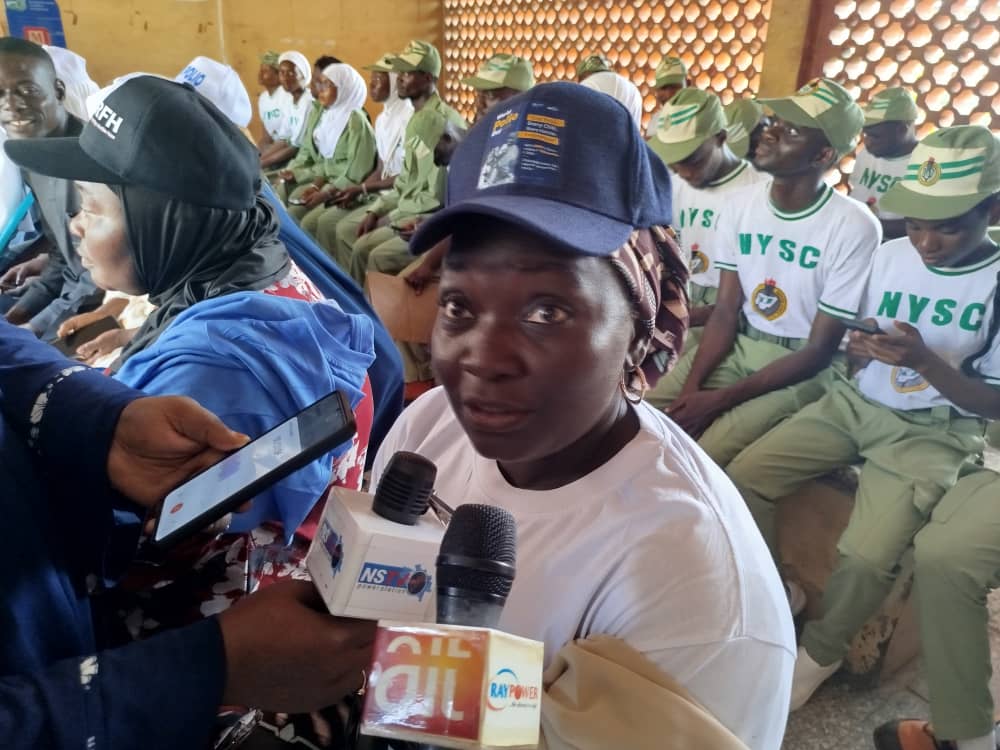The Niger State Government and key stakeholders have reaffirmed their commitment to eradicating poliomyelitis by strengthening child immunization efforts across the state.
2025 World Polio Day (WPD), marked under the theme “End Polio: For Every Child, Everywhere,” provided an opportunity to review progress made in the fight against the disease and renew collective action toward its complete eradication.
Speaking after a commemorative walk in Minna, the State Chairman of the Polio Affected Persons Association, Mallam Awwal Ahmed, said the annual observance helps stakeholders assess achievements and challenges in the state’s anti-polio campaign.
Ahmed disclosed that the association has over 100 members across the 25 local government areas of Niger State, all working to support efforts to eliminate poliomyelitis in their communities.
Also speaking, the State Woman Leader of the association, Habiba Garba, urged parents to ensure that their children receive complete vaccination doses, emphasizing that immunization remains vital in preventing polio, which can severely affect a child’s physical development and mobility.
She warned that “parents, especially mothers, who refuse to vaccinate their children may face difficulties in the future if their children contract polio.”
Garba further encouraged persons living with polio to rise above stigma and maintain confidence in themselves. “People will always stigmatize, but the best thing to do is to ignore them and move on,” she advised.
In his remarks, the State Health Education Officer at the Niger State Primary Health Care Development Agency, Usman Alhaji Mohammed, reaffirmed the government’s commitment to providing logistics support, manpower training, and other resources to ensure that no child is left behind in the immunization campaign.
He explained that the state government, in collaboration with partners including WHO, UNICEF, Rotary International, and the Polio Survivors Group, is working to raise awareness and mobilize communities to end the disease.
According to him, the state is adopting a “hit-and-run strategy” to deliver vaccines to children in hard-to-reach and insecurity-prone areas.















